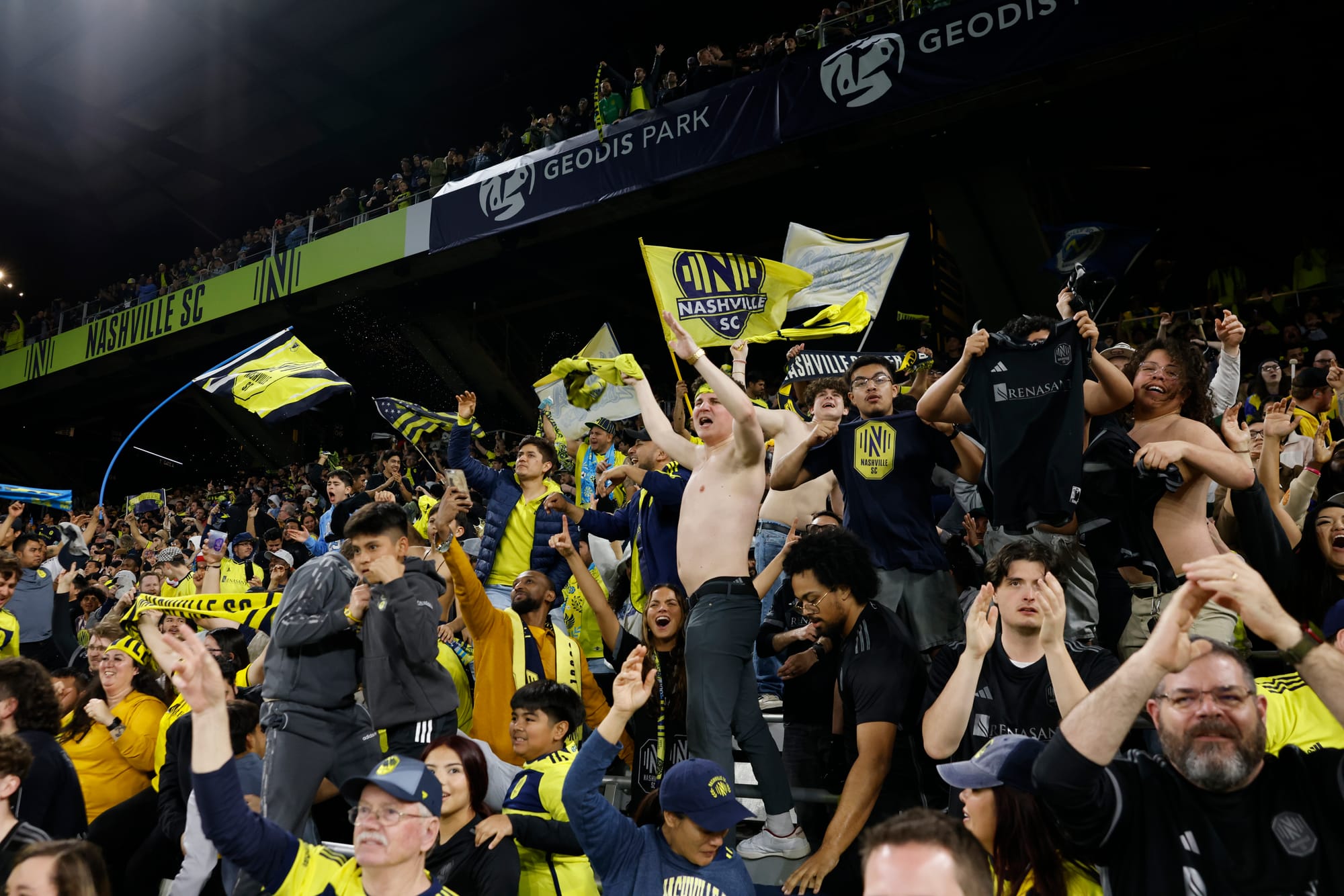This is America
Less than two years out from the 2026 World Cup, this is what makes soccer beautiful to Tosin Makinde…

Words:
Tosin MakindeImages:
Let’s take a journey back to 1990. I was born in South London, in a family where football—or soccer, if we’re being American about it—wasn’t just a game; it was the family heirloom. My brother and I played every day, rain or shine. I’m not kidding—seven days a week, we’d be out there, injuries and all, tackling, diving, taking falls. My legs are a roadmap of scars, each one a memento from those early, muddy battles.
Our allegiance was to Manchester United, through and through, much to the dismay of our dad—a Liverpool fan who somehow still loves us. Our father was almost a player for Tottenham himself, so when we moved to Baltimore in 2001, we expected soccer to stay with us like a trusted friend.
But America had other ideas. Soccer in the US in those days was a hard find on TV. And when we tried tracking down a pitch to play on, it felt like we’d been transported to some kind of footballing wilderness. That was until my dad took us on a long, scenic drive to my uncle’s house. Out of nowhere, we spotted a group of kids training on a nearby field. They had the full setup—kits, boots, you name it. My brother and I rocked up in indoor shoes, jean shorts and T-shirts, completely out of place but absolutely thrilled.
That day, we found something rare and precious: a tribe and a new home on the field. Those kids we met became family, and to this day, we’re still tight with many of them. My younger brother thrived, joining a team that would become one of the best in Maryland. I struggled to continue playing, but there was never any hate in my heart. I was and still am very proud of my brother and his football journey.
As I watched him and his teammates play at the highest youth level, I realised something powerful—American soccer wasn’t a side project; it was as real and passionate as anywhere else in the world. This was a nation of players, families, and communities who loved the game, even if they had to fight a little harder to prove it.

